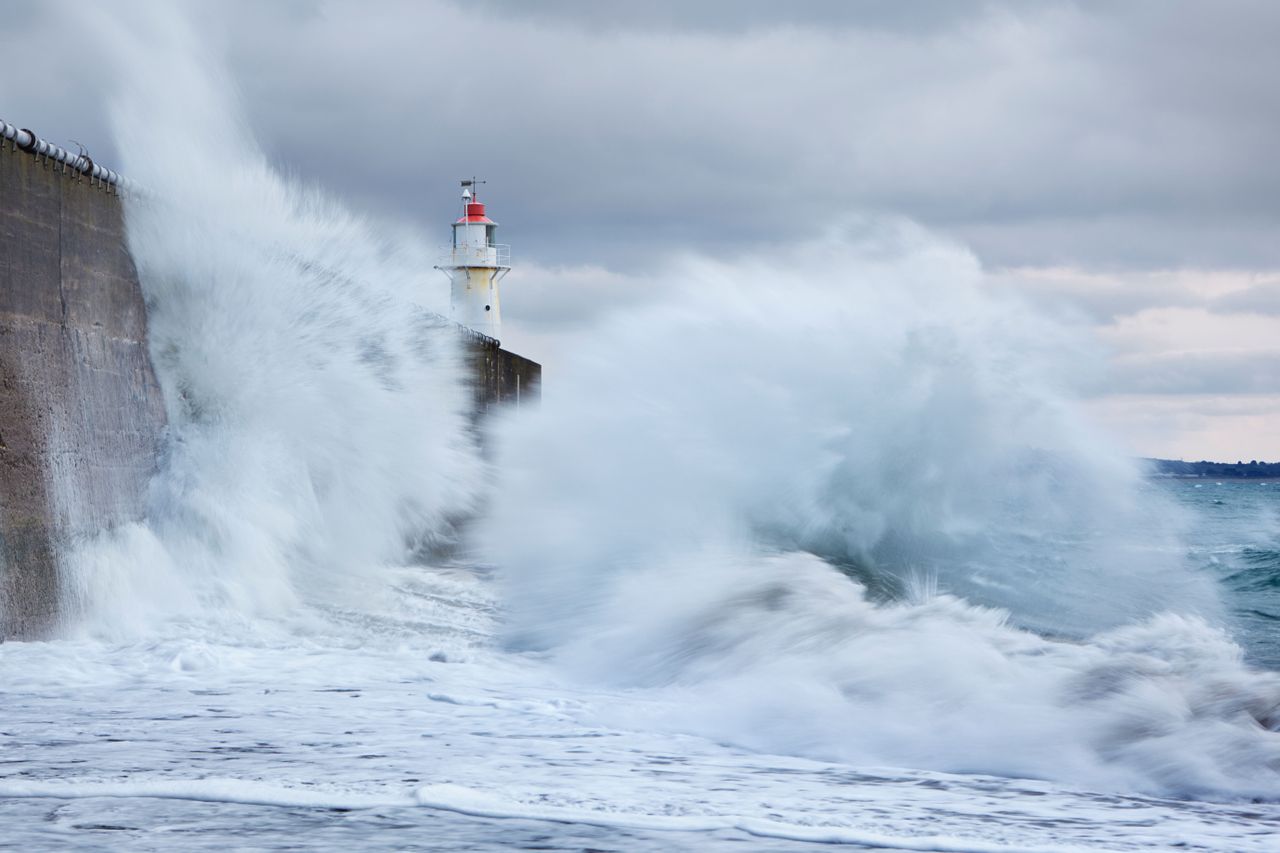Climate strike: Concerned citizens around the world take to the streets to demand a step-change
Today marks the start of a worldwide strike to demand urgent action to end the climate crisis. People from 150 countries are expected to join in the event, which is an evolution of the Fridays for Future school strikes launched by teenage activist Greta Thurnberg and will see adults from all walks of life protesting alongside students.

4 PM Marches are now getting underway across the American continents, from the United States to Brazil.
Meanwhile, figures coming in for protests that started earlier today show that 1.4 million people took part in the strikes in Germany on the very day the German government announced a new climate plan that some protesters deem ‘disastrous’.
3 PM Some estimates put the number of participants at the Central London demonstration to about 100,000. Among the many is Karen Crane of Green Alliance with a Simpson-inspired placard.

'The strike today, supported by the beautiful weather, is possibly the largest show of diversity within the climate movement, reminding us of the deep complexity and ambition needed to tackle the climate crisis,’ says another of the Alliance’s staff, Chaitanya Kumar.
'Young people striking alongside workers and unions, migrant rights groups and the broader student movement is an immense source of hope in these turbulent times. Parliament cannot look the other way and needs to act with urgency to tackle this multifaceted climate crisis.’
Large crowds are also out on either side of the Irish border.
11 AM Protests have started in earnest across the UK and Europe. People have taken to the streets in Cambridge, Manchester and London.
Sign up for the Country Life Newsletter
Exquisite houses, the beauty of Nature, and how to get the most from your life, straight to your inbox.
A group of pupils from Torquay Girls' Grammar School have even made a song to encourage people to sign their petition, which requests the Government to 'consult with focus groups of young people when creating climate change policy'.
But there is not limit to creativity among protesters. In Manchester, Emmeline Pankhurst herself got dressed up to support the demonstrations.
In Paris, people brought along inflatable polar bears in a bid to draw attention to the plight of wildlife in a changing climate.
And in Berlin, activist Robin Wood went upside down above a busy motorway to highlight the problem of cars as a source of emissions, while a haunting placard outside the Brandenburg Gate asked: 'Grandpa, what is a snowman?'
Meanwhile, farmers, often accused of being part of the climate problem, are reclaiming their role as part of the solution.
However, there are dissenting voices. For example, author and think-tank director Robert Colvile, while asserting that 'climate change is a pressing and urgent problem', also believes that the ideas behind the climate strike movement 'fundamentally illiberal' and 'misguided'. The movement turns their back on 'market mechanisms, economics or technology to cut carbon emissions', favouring instead 'non-market approaches to climate action' and other strategies that, Colvile says, 'just won't work'.
10 AM In the UK, where more than 100 events are taking place across the country, starting from 11am, scientists like the University of Reading’s Ed Hawkins are tweeting helpful images, like the ‘Warming Stripes’ that show how temperatures have risen since the mid 19th-century, to ‘help start conversations about the risks of climate change’.
Meanwhile, New Scientist magazine highlighted Greta Thurnberg’s plea to ‘listen to the scientists’ by collating recommendations from some of the world’s most distinguished climate experts. Their views make stark reading and further reiterate the urgent need for a step-change.
Many conservation bodies have also lent their support to protesters. Some, like the Barn Owl Trust, closed their offices altogether to allow staff to support the demonstrations.
'The urgency of the climate crisis requires a new approach,' says Kaye Brennan, senior campaigns manager at the Wildlife Trusts to explain why the charity is participating at today's demonstrations. 'If you have ever subscribed to the maxim “don’t do nothing because you can’t do everything. Do something. Anything”, then the global strike offers something for you.'
The RSPB is also ‘standing in solidarity’ with protesters. ‘It is time for politicians to decide whether we will be the ones who hand the next generation a planet scarred by the climate crisis, says the charity’s Natasha Yorke-Edgell. ‘Nature doesn’t belong in a museum. But over 50 per cent of UK species are already struggling and climate change poses a catastrophic threat to wildlife.
‘Young people all over the world have taken the lead. Today, we are proud hundreds of RSPB staff members and volunteers will support them in strike action across the country.
‘Our leaders must act immediately to avert climate disaster and mass extinction. The future of their children, grandchildren, nieces and nephews depend upon it.
9 AM Protests have begun to get underway in Africa, from Kenya to South Africa.
5 AM As Asia woke up to the strikes, the Philippines pumped up the volume — quite literally — with drummers in Manila opening what is the country’s first ever climate strike.
Demonstrations took place all across the Asian continent, from Japan and South Korea to Hong Kong, Thailand, Bangladesh, Nepal and India, where one of the world’s largest solar power stations is currently being built in a bid to reduce reliance on fossil fuels.
2 AM Australia joined the demonstrations, with a huge turnout in all major cities, from Sydney, Brisbane and Melbourne to Hobart, Adelaide and Perth. About 300,000 are thought to have taken part in the country’s more than 100 protests.
12 AM The protests kicked off in Pacific Islands nations like the Solomon Islands, Kiribati and Vanuatu, many of which are at risk of being submerged by water as sea levels rise.
Organisers are hoping that the strike, which takes place ahead of a United Nations climate summit, will be the ‘biggest mobilisation yet’, bringing millions of people to the streets.
Carla must be the only Italian that finds the English weather more congenial than her native country’s sunshine. An antique herself, she became Country Life's Arts & Antiques editor in 2023 having previously covered, as a freelance journalist, heritage, conservation, history and property stories, for which she won a couple of awards.
-
 From California to Cornwall: How surfing became a cornerstone of Cornish culture
From California to Cornwall: How surfing became a cornerstone of Cornish cultureA new exhibition at Cornwall's National Maritime Museum celebrates a century of surf culture and reveals how the country became a global leader in surf innovation and conservation.
By Emma Lavelle Published
-
 Jaecoo 7 SHS: Can you really get a luxury SUV for £35,000?
Jaecoo 7 SHS: Can you really get a luxury SUV for £35,000?The Chinese automaker Jaecoo lands on UK shores with the 7. We take it for a spin around Scotland and the north of England to see if the hype is real.
By Charlie Thomas Published
